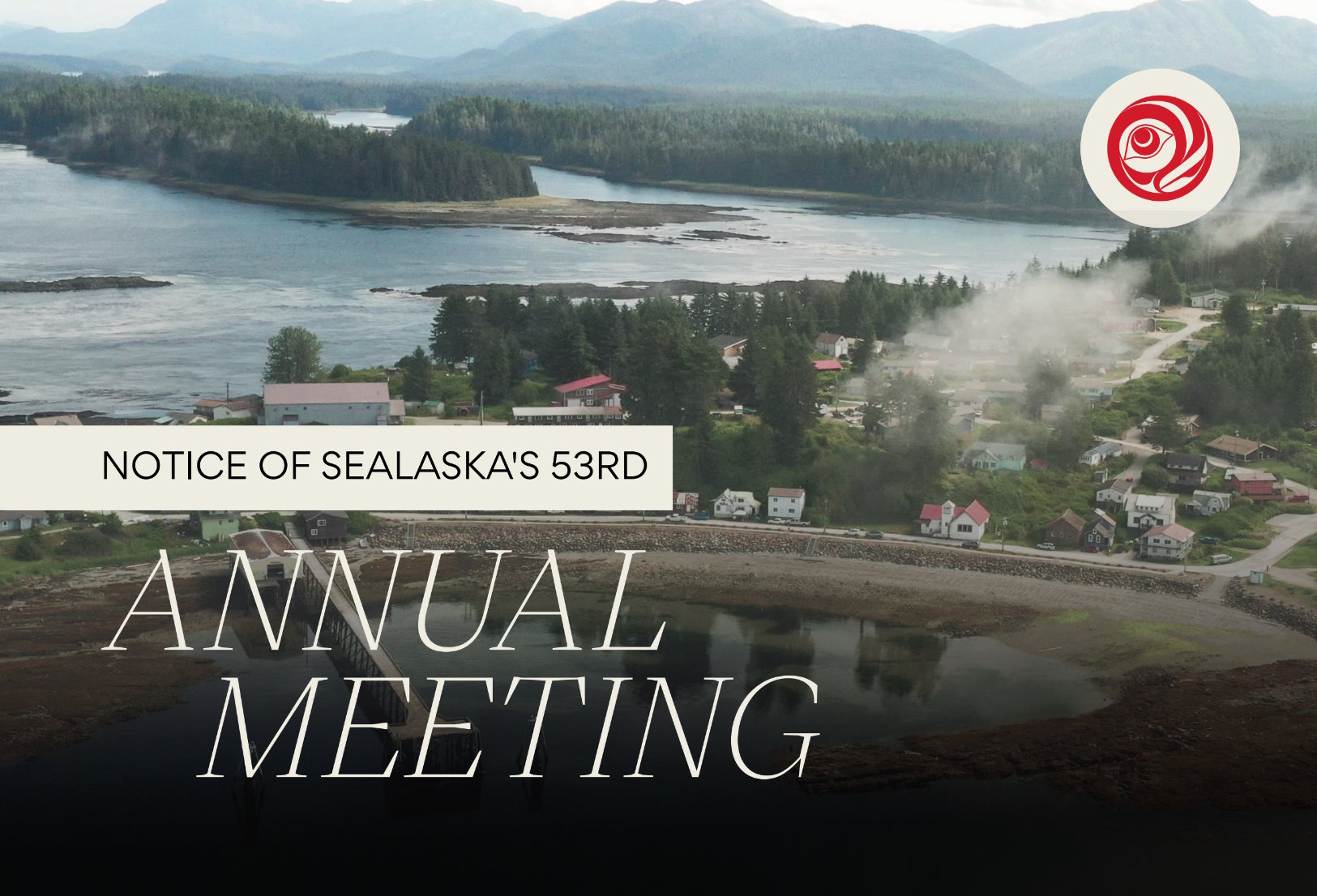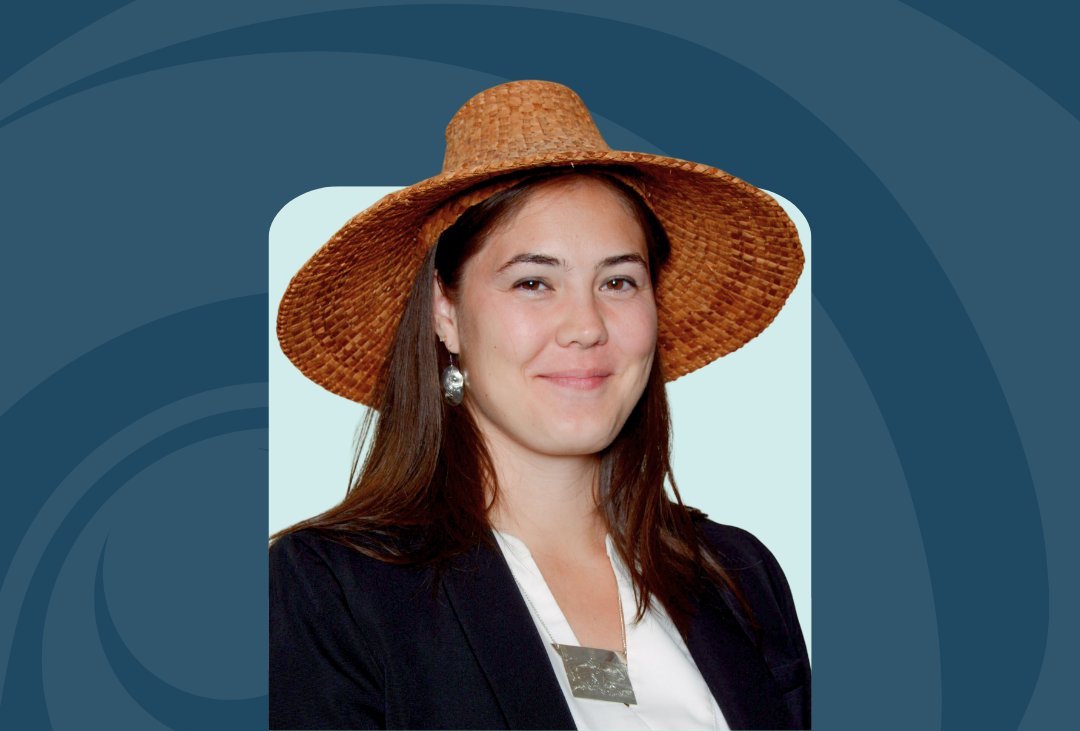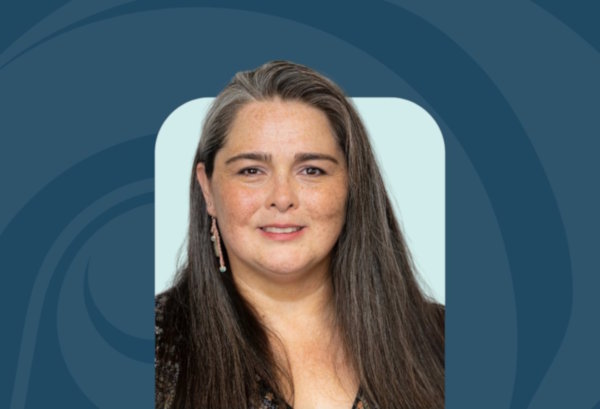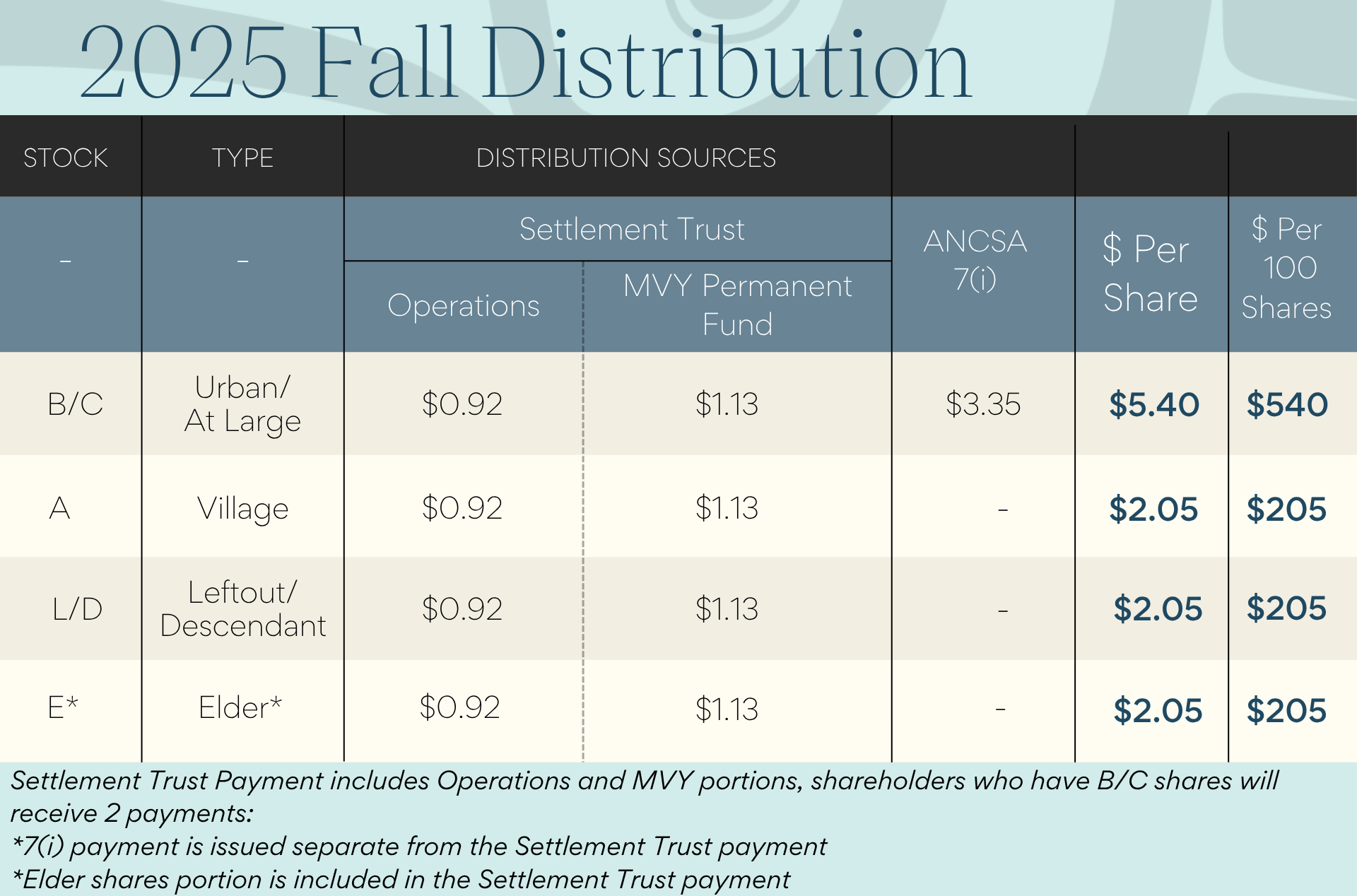Recognizing Albert Kookesh (Kaasháan) For His Service and Positive Contributions to Sealaska
Tuesday, May 4, 2021
Sealaska is deeply grateful for the service of two of its board members who have chosen not to seek another term on the board. These two men have contributed mightily to our company, and their service and commitment to our people has been of incalculable value.

Sealaska director Albert Kookesh, formally announced he will not seek another term on the Sealaska Board of Directors. Albert’s term will end at the 2021 annual meeting.
Albert has been a member of the Sealaska Board of Directors since 1976, serving as board chair from 2000 to 2014. “I have always been of the opinion that when our grandfathers spoke about this company and the land that it owns, they were speaking forever, they weren’t speaking for just one generation,” said Albert. “I think it is our moral obligation to include all of our children and grandchildren.”

Albert is a member of the Shareholder Relations Committee, a member of the Haa Aaní, LLC Board of Managers, a member and former chair of the Elders’ Settlement Trust, serves on the Sealaska Heritage Institute Board of Trustees and serves as Sealaska’s representative to the Alaska Federation of Natives.
Albert had a long and distinguished career most recently as the former policy and program specialist at the Office of the Governor for the State of Alaska; a former senator for District C and served in the Alaska State legislature, both House and Senate for 16 years; former AFN chair, former ANB Grand Camp President, a member of the Alaska Native Brotherhood Grand Camp executive committee, and a trustee of First Alaskans Institute.
Albert lives in Angoon, where he spent most of his childhood and all of his adult life, with the exception of years away at high school and college. “One of the reasons that I moved back to Angoon was so my children could grow up here,” he said. Albert owns and operates the Kootznahoo Inlet Lodge with his wife, Sally, and worked as a commercial fisherman, gillnetting for salmon in the Lynn Canal area.

Albert has a Bachelor of Arts in history from Alaska Methodist University, and Juris Doctorate from the University of Washington. He is Tlingit, Eagle/Teikweidí (Brown Bear clan), originally from Angoon.
“He has hunted and fished pretty much his whole life, which I think is meaningful. He practiced our way of life and that’s key to protecting our way of life. You can advocate for a way of life more meaningfully when you’re practicing it.”
“One of his greatest contributions to Sealaska and its shareholders was the fact that he was present at the first Sealaska Elders Conference in 1980. The meeting resulted in a text called “Because We Cherish You,” and laid out the Elders’ vision for the preservation of Tlingit, Haida and Tsimshian languages and culture. He processed the important directives conveyed by the Elders present at the conference and helping to establish Sealaska Heritage Institute in their vision. He was instrumental in addressing the feared cultural poverty among us – the policies and practices that were enacted to separate us from place. Albert has always been an advocate for his community in ensuring that the traditions and the way of life would remain as they were since time immemorial.”
“No one even knows everything he’s done. He’s dedicated his whole life to serving his home village of Angoon and the entire region, and he never missed an opportunity to get something more for our region. Throughout his 45 years of service, he was a source of reflection for Sealaska that we are only in existence because our people have lived in our communities for 10,000 years and could therefore make a claim to land rights. Albert never let us forget that.”
“Albert Kookesh served Sealaska and the Native community admirably throughout his tenure and leadership as Chair of the Sealaska Board of Directors. He leaves an enduring legacy including the conclusion of over forty year-long effort to finalize Sealaska’s land entitlement and to receive conveyance of all the land owed Sealaska under ANCSA; challenging Sealaska’s management to find alternative economic opportunities from ANCSA lands leading to the sale of Sealaska’s carbon sequestration credits; the passage of shareholder resolutions allowing the enrollment of shareholders born after 1971 and special benefits for Elders including a 100 shares of life-estate stock; adoption of the “1991” legislation that amends ANCSA to provide for land protection; establishment of the Marge Young Permanent Fund and support for the construction of the Walter Soboleff Building.”
Latest News
Notice of Sealaska's 53rd Annual Meeting of Shareholders
Pinned - Posted 2/12/2026The 2026 Sealaska Annual Meeting of Shareholders will be held on Saturday, June 27, in Angoon, Alaska. This year’s meeting will take place at the Angoon Elementary Gym, located at 500 Big Dog Salmon Road, Angoon, AK 99820.
Sealaska Welcomes Madeline Soboleff Levy
Posted 2/7/2026Sealaska welcomes Madeline Soboleff Levy as our new Vice President of Policy and Corporate Affairs.
Online Notary Service for Stock Wills
Posted 1/28/2026Sealaska is pleased to welcome Heather Shá xat k’ei Gurko
Posted 12/17/2025Sealaska is pleased to welcome Heather Shá xat k’ei Gurko as our new Director of Shareholder Communications.














